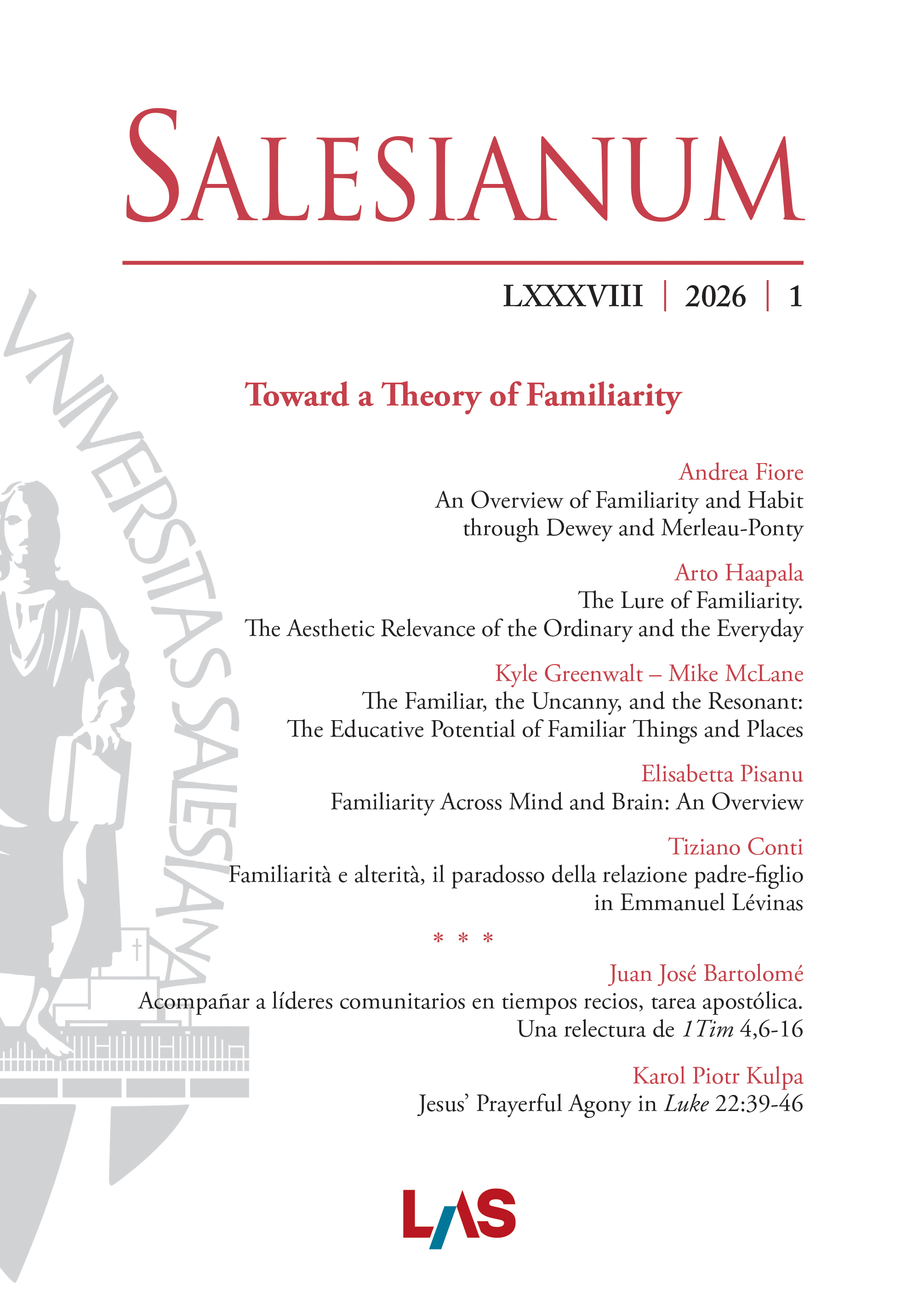Debate: Ontological, Educational, and Pedagogical Perspectives
Salesianum vol. 87 (2025) n. 4, 662-687
Sezione: Studia
Sommario
Understanding debate entails recognizing its complexity and the variety of implications that render it an effective and comprehensive educational method and framework. This article examines debate as a structured dialectical practice, analysing its ontological, educational, and epistemological dimensions, and highlighting its formative, social, and ethical impacts. In a global context characterized by uncertainty and complexity, debate emerges not only as a tool for developing fundamental transversal competencies – such as critical thinking, argumentative skills, and collaborative abilities – but also as a method for fostering reflective and interdisciplinary knowledge. Furthermore, the article emphasizes the importance of an ethical and value-driven framework to guide this practice toward meaningful educational objectives, avoiding manipulative or purely competitive tendencies, but it also recognizes that debate can activate and promote the development of ethical values in its practitioners. Debate thus stands out as a transformative educational framework, a learning paradigm, and a comprehensive pedagogical methodology, capable of integrating individual development with collective participation.
Parole chiave
Debate | Pedagogy | Educational Framework | Competencies | Ethics
